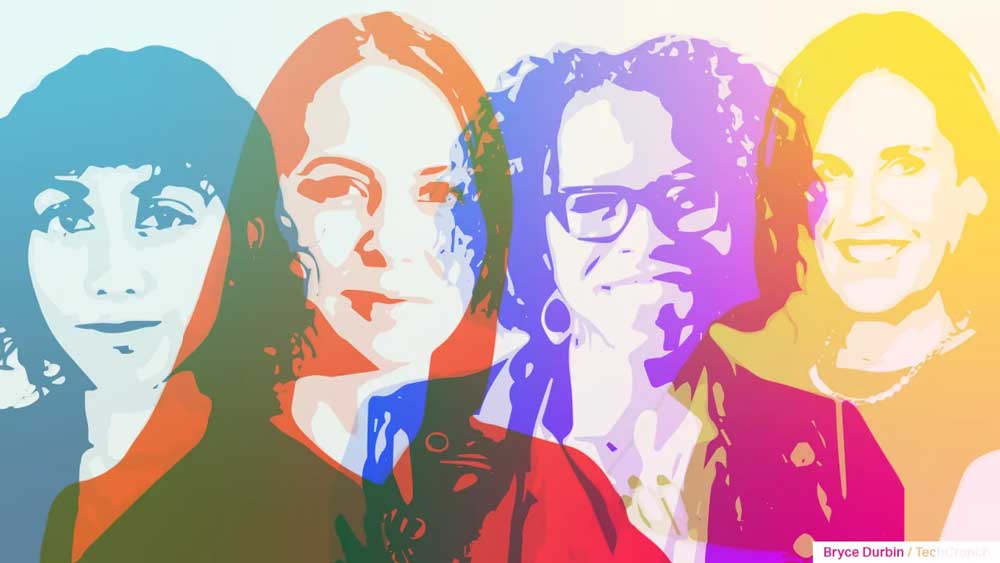The use of GenAI, or Generative Artificial Intelligence, offers huge opportunities to enhance workplace diversity. According to a recent survey by Nasscom and Boston Consulting Group (BCG), women in India recognise the potential for GenAI to advance their careers but not all of them are prepared to employ these tools. Despite the fact that 90 per cent of women nationwide were aware these tools were essential to their professional success and growth, the survey revealed that only 35 per cent of women felt fully equipped to utilise GenAI tools professionally. The difference in preparedness is especially noticeable in non-technical roles.

The aforementioned data underscores the necessity of addressing a noteworthy readiness gap in order to properly leverage the potential of GenAI tools for professional advancement. According to the study conducted by BCG-Nasscom, differences in investment and mentorship further exacerbate the readiness divide. In India, the $250 billion technology sector is represented by Nasscom. In order to provide a comprehensive picture of the existing situation and difficulties, 485 participants from a variety of positions, functions, and industries were surveyed as part of the BCG and Nasscom study, which examined gender diversity in the GenAI sector. The report also makes use of data from BCG's Global GenAI tech survey, which polled over 6,500 men and women working in tech companies across seniority levels and functions.
The survey results also declared that despite deliberate efforts, women still make up 36 per cent of the approximately 5 million industry professionals in India's IT sector, while executive women only make up 4-8 per cent of the sector overall, compared to 14 per cent worldwide. By 2027, the global AI industry is expected to develop at a compound annual growth rate (CAGR) of 25–35 per cent, to reach $320–380 billion. It is anticipated that generative AI will control 33 per cent of this sector. The revenue from IT services will be significantly impacted by this technology. According to the BCG-Nasscom report, diverse teams are essential for creating Generative AI systems that work, especially when it comes to resolving ethical concerns and uncovering biases.

The adoption rate of GenAI among Indian professionals is noteworthy, since 76 per cent of men and 80 per cent of women use this technology. According to BCG's Global GenAI Tech Survey, in terms of GenAI adoption, senior tech women outperform their male counterparts globally by 12 per cent points. In India, however, senior women lag behind their male counterparts by nine per cent points. The reason for this discrepancy is due to many factors such as limited knowledge, lack of trust, restricted access to GenAI technologies, and fear of being scrutinised for competency.

Approximately 65 per cent of men and women believe that GenAI can aid in being an equaliser for women’s inclusion in technology. As per the survey, this optimism reflects a common notion that advances in GenAI could help close the gender gap by opening up new opportunities, improving accessibility, and lessening prejudices that have historically prevented women from advancing in the tech industry. Unlike globally, older women in India lag behind senior males in terms of GenAI adoption rates. In contrast to global statistics, which shows that 66 per cent of men and 68 per cent of women use GenAI.

Organisations should create strong mentorship programs, encourage flexible work arrangements, and explicitly outline GenAI job trajectories in order to promote a diverse and inclusive AI future. Organisations should also reevaluate the leadership teams working on GenAI to guarantee a range of ethical viewpoints and diverse voices. The BCG-Nasscom survey recommends that companies ensure women can flourish in a GenAI-driven future by encouraging continuous learning, which will lead to more equal workplaces and—critically—an objective and efficient development of this disruptive technology.
Image source: Medium, Techopedia, Techcrunch, ISID, Imagekit